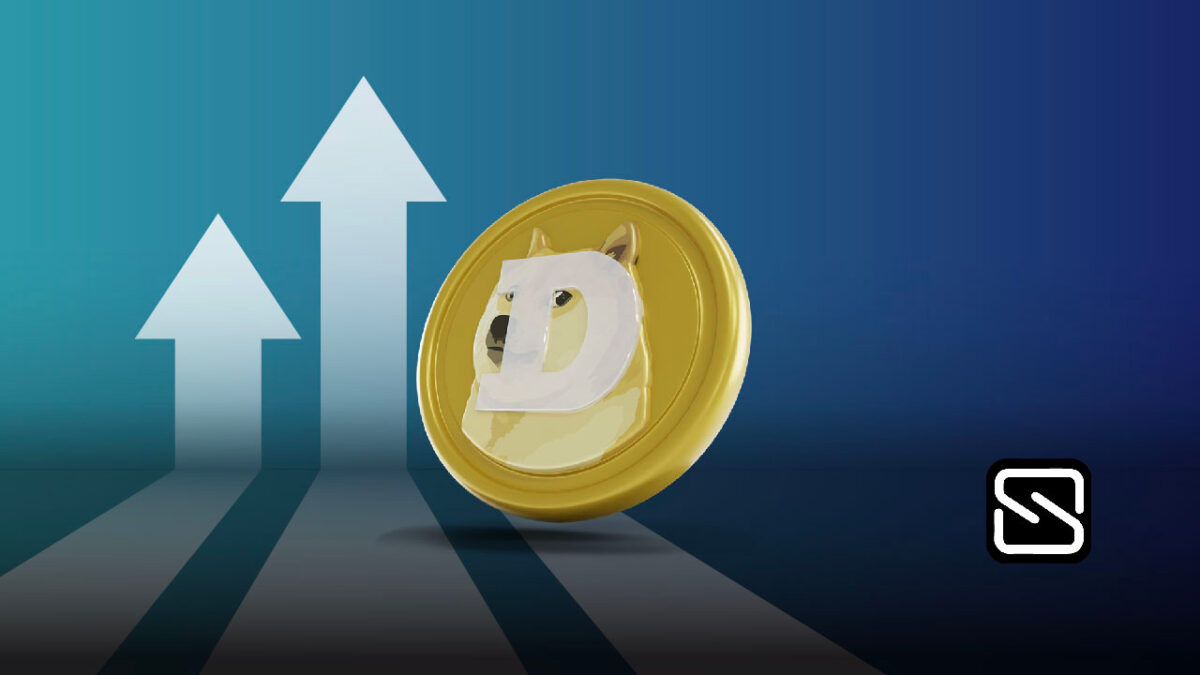Elon Musk, the CEO of Tesla and SpaceX, has purchased a 9.2 percent stake in Twitter Inc., according to Bloomberg.
Musk has purchased 73,486,938 shares of common stock, according to an SEC filing. The total acquisition price is now more than $2.8 billion, with TWTR trading at $39.31 as of Friday’s close. Before the markets opened, the price of Twitter’s stock had already risen by more than 26%.
The price of Dogecoin, one of Musk’s favorite cryptocurrencies, looks to be profiting from the news of Musk’s newfound Twitter holdings elsewhere in the crypto world.
Dogecoin has gained nearly 9% in the last 24 hours, and is now trading at $0.153.
Musk purchased his Twitter investment shortly after conducting a survey on Twitter’s adherence to free speech.
“Free speech is essential to a functioning democracy. Do you believe Twitter rigorously adheres to this principle?” Musk’s Twitter survey asked.
More than 2 million Twitter users answered, with 70% believing that Twitter violated the concept of free expression.
The purchase of a stake in Twitter by the Tesla CEO comes as the social media site evaluates the benefits of decentralization.
Twitter established a new, dedicated crypto team in November of last year, with the primary goal of exploring opportunities in the decentralized apps (dapps) field. Tess Rinearson, who was tasked with defining “strategy for the future of crypto at (and on) Twitter” at the time, is in charge of Twitter Crypto.
The team will also look into ways to integrate decentralized technology into Twitter’s infrastructure.
Decentralized social media systems have also been advocated by crypto enthusiasts.
In November 2021, Solana co-founder Raj Gokal said he needed to be “freed from centralized social media,” as he and Reddit co-founder Alexis Ohanian announced a $100 million plan for Web3 social media technologies.
If Bitcoin had been invented before Twitter, the technology that powers the flagship cryptocurrency would have pushed Twitter’s evolution to move down a path of decentralization far earlier in its lifespan, according to a thought experiment published by Orange Paper in December last year.
